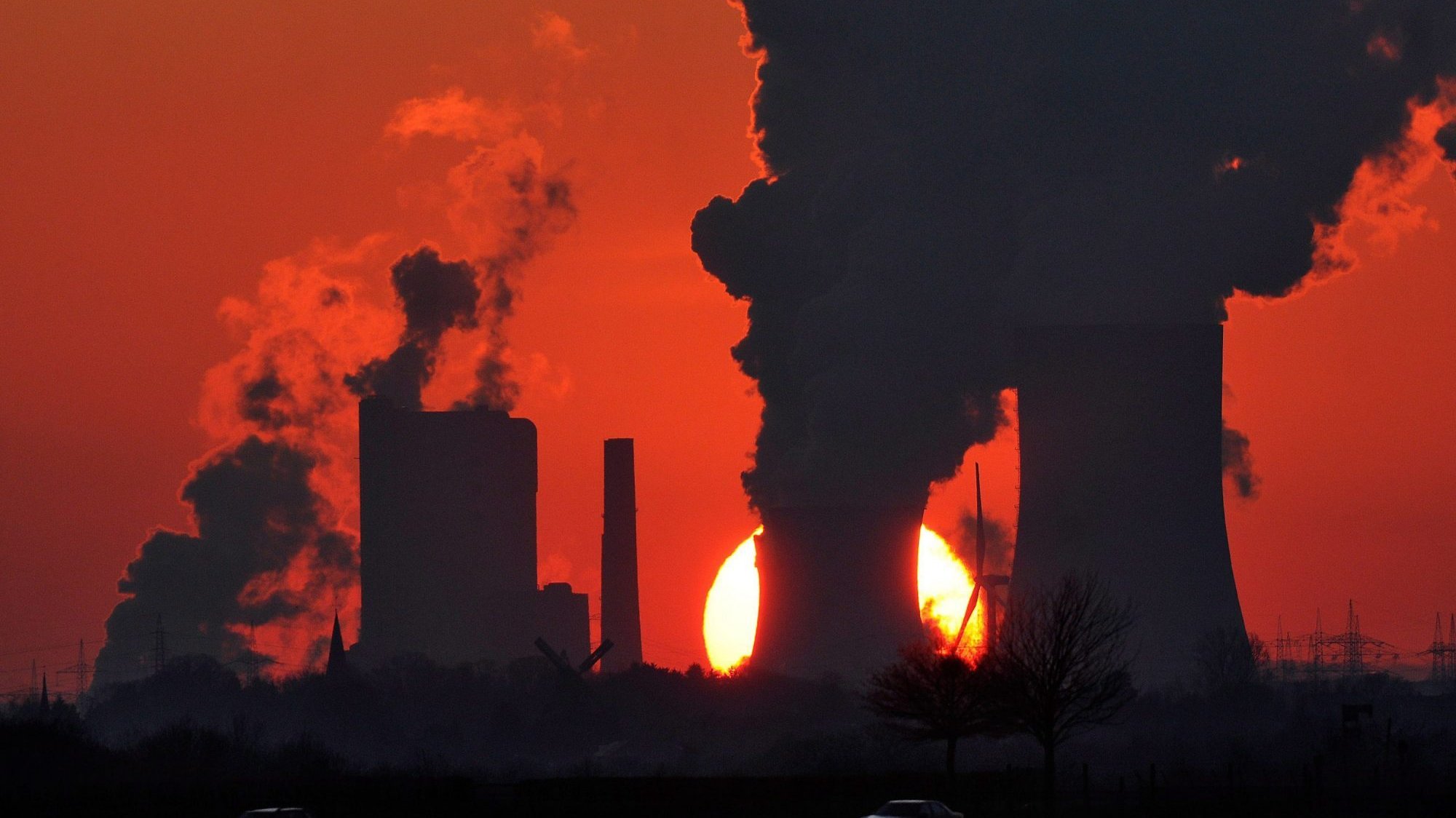The German government gave this Wednesday the “green light” to reactivate the coal and oil power plants that are part of the energy reserve, as part of a package of measures to save gas for next winter.
The Ministry of Economy and Climate Protection, headed by Robert Habeck of the Green Party, promoter of the measure, stressed that it is temporary and “will not affect” Germany’s “priority target” to complete coal phase-out by 2030.
The regulations, which will come into force on Thursday, will allow 27 plants that were not currently in operation to return to the electricity market on a limited basis until early next spring, specifically until April 30, 2023.
However the the reactivation is linked to the decree of the state of alarm which is part of the Gas Emergency Plan, so its removal would mean that the plants would have to be disconnected from the network first.
On the one hand, 16 plants fed by car that are disconnected from the network more faziam part of the reserve will be able to return to work — the operators will be assisted or abandoned, once it is voluntary — from Quinta-Feira, when or regulation to enter in force.
Additionally, 11 coal-fired power plants that were required to stop burning coal on certain dates in 2022 and 2023 as part of the decarbonization process will now be able to expand their operations and become part of the reserve.
According to Habeck, the reactivation, made possible by the approval in Parliament last week of the new Law on Replacement Plants, will save between five and 10 terawatt-hours of natural gas in Germany and as many in the rest of Europe.
We want to save gas now in the summer to fill our tanks for the winter”, said the minister, who has explained on several occasions that, in order to have enough gas to cover the needs of families and industry, it is necessary to reduce the percentage used to produce electricity.
According to the Federal Statistical Agency (Destatis), 12.6% of Germany’s gas consumption was used to generate electricity in 2021.
However, according to German media, the plan to replace the use of gas for electricity production with the reactivation of coal-fired power plants presents some difficulties, as the plants are not ready to resume operations any time soon.
Thus, some operators warned that the plants that were going to close this year do not have sufficient coal reserves or cannot transport it quickly to the plants due to bottlenecks in the logistics sector.
In other cases, there is a lack of qualified personnel to ensure that the facilities can operate at full capacity, since, in particular, those that have already been closed have the least number of personnel.
This means that while factories may resume operations from Thursday, those that decide to return to the market will not do so immediately and possibly not at full capacity.
In addition to the reactivation of coal-fired power plants, the German government adopted measures to facilitate and speed up imports of liquefied natural gas (LNG), although due to the need to build the necessary infrastructure, these do not produce immediate effects.
For this reason, the Government of the Social Democrat Olaf Scholz is promoting the reduction of gas consumption in the industry, for example, through a system in which companies that want to resign for a few months will be compensated.
According to government figures, since the start of the war in Ukraine, Germany has managed to reduce its gas consumption by 14% compared to the same period last year.
According to Habeck, gas tanks are being filled at a rate of 1.3% to 1.4% per day, but even so, the minister says that it is necessary to prepare a complete cut in the supply of Russian gas through the pipeline. Nord Stream 1, which is currently down due to annual maintenance work.
Source: Observadora
